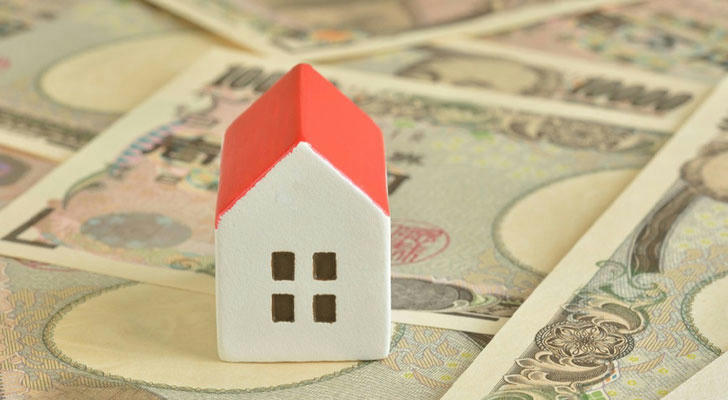"Buying a Home is an Asset": The Overlooked Financial Truth
The Great American Housing Paradox
The traditional view of homeownership as the ultimate wealth-building strategy is undergoing radical reevaluation. While real estate can be a powerful investment vehicle, the equation has fundamentally changed in today's economic landscape.
The Hidden Math of Homeownership
Annual Costs Most Owners Underestimate:
Property taxes (avg. 1.1% of home value)
Maintenance (1-4% of home value)
Insurance ($1,200+ annually)
Opportunity cost (5-7% stock market returns)
Example: A $500k home costs ~$25k/year excluding mortgage - equivalent to $2,100/month rent.

Case Studies That Defy Convention
1. The Silicon Valley Illusion
Purchase: $1.8M home in 2018
2024 Value: $2.3M
True Cost:
$1.2M interest payments
$180k property taxes
$150k maintenance
Net Position: $170k loss vs. renting + investing difference
2. The Strategic Renter-Investor
Living Situation: $3,500/month luxury rental
Investments:
$750k REIT portfolio yielding 4.5%
$250k in rental properties (managed professionally)
Advantage: Geographic mobility for career advancement
3. The Rust Belt Reality Check
Purchase: $80k Detroit rehab in 2015
Outcome:
7% annual appreciation ($125k current value)
But...$45k in unexpected repairs
8 months vacancy during COVID
Alternative: Same capital in S&P 500 would be worth $210k

The Modern Homeownership Calculus
Critical Factors to Weigh:
Liquidity Premium
Average home takes 68 days to sell
5-6% transaction costs
Career Flexibility Tax
Relocation costs average $12k+
Job changes often delayed by housing lock-in
Maintenance Time Sink
Homeowners spend 100+ hours/year on upkeep
Equivalent to $7,500 at median wages
Tax Realities (Post-2017 TCJA):
Mortgage interest deduction capped at $750k
SALT deduction limited to $10k
Capital gains exclusion requires 2/5 year occupancy
Five Warning Signs You're House Poor
🔴 Mortgage payment > 25% take-home pay
🔴 Can't max retirement accounts
🔴 Dreading necessary repairs
🔴 Neighborhood rents falling
🔴 "Sweat equity" consuming weekends
Innovative Alternatives Gaining Traction
1. The Hybrid Approach
Rent primary residence in HCOL area
Own cash-flow properties in MCOL markets
Example: SF tech worker rents apartment, owns 3 Memphis rentals
2. Co-Investing Models
Fractional vacation home ownership
REITs with specific sector exposure
Crowdfunded development projects
3. The Mobile Lifestyle
Short-term rental arbitrage
Geoarbitrage strategies
"Try before you buy" city sampling

2024 Market Realities
Emerging Trends:
Rent-to-own conversions up 38% YoY
iBuyer platforms reducing transaction friction
Remote work enabling location-agnostic living
Shocking Stat:
The average American homeowner's net worth is just 40x their annual housing costs vs. 80x for strategic renters (Federal Reserve data)
Decision Framework: Is Buying Right For You?
Ask These 5 Questions:
Can I commit to this location for 7+ years?
Does the math beat alternative investments?
Am I accounting for all hidden costs?
How will this impact career mobility?
What's my emotional attachment costing me?
Pro Tip: Run scenarios using the NYT Rent vs. Buy calculator with conservative assumptions.
Action Plan for Smart Housing Decisions
Calculate True Costs
Use the 5% rule (annual ownership = 5% home value)
Compare to local rents
Stress Test Your Finances
Model 20% price decline
Account for 6+ month vacancy
Explore Alternatives
REIT ETFs (VNQ, SCHH)
Rental property syndications
Housing cooperatives
Consult Professionals
Fee-only financial planner
Tax strategist
Real estate attorney
"The wealthy treat housing as a consumption item, not an investment. That distinction makes all the difference." - Morgan Housel
Remember: Your home should serve your life - not become your life's work. The path to wealth has many routes, and blind allegiance to any single strategy is the riskiest position of all.
